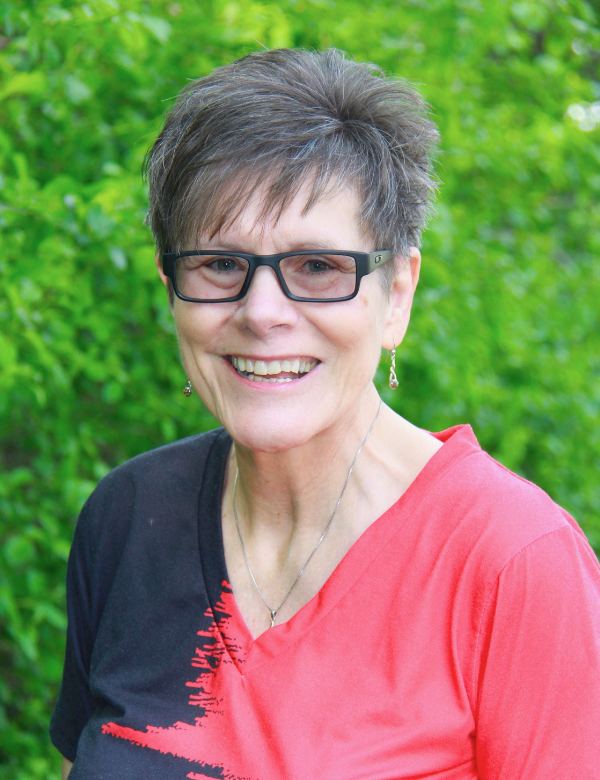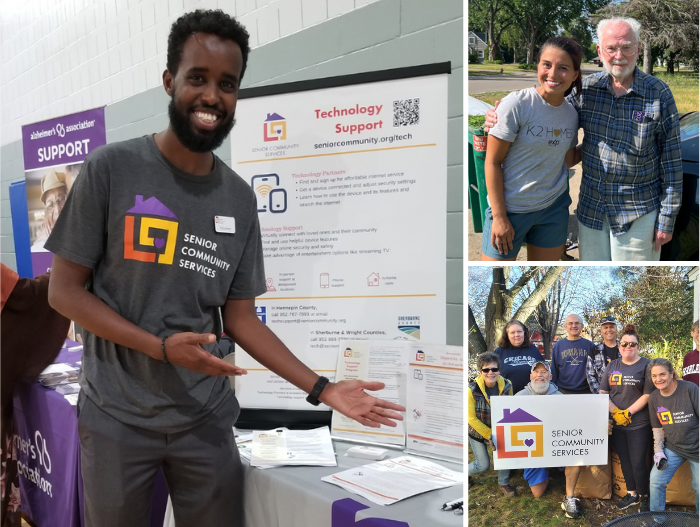Community-based nonprofits play a vital role in empowering older adults to thrive in their homes and supporting family caregivers. Many Minnesota nonprofits are at the forefront of this important work, utilizing innovative approaches to enhance the aging experience.
Nonprofits focused on home and community-based services recognize that most older adults prefer to age in place, surrounded by familiar environments and cherished memories. These organizations provide crucial support to make this desire a reality. By offering services such as meal delivery, home repairs, and wellness activities, they enable older adults to maintain their independence and quality of life.
Family caregivers are the unsung heroes in the lives of many older adults. Community-based nonprofits understand the challenges these caregivers face and offer invaluable assistance. They provide respite care, training programs, and support groups, helping caregivers manage their responsibilities more effectively and avoid burnout. This support ensures that older adults receive high-quality care while allowing family members to maintain their own well-being.
Nonprofits excel at building robust support networks that address the holistic needs of older adults. They collaborate with healthcare providers, social services, and community volunteers to create personalized care plans. This comprehensive approach ensures that older adults receive not only medical attention but also social engagement and emotional support.
Community-based nonprofits are champions for equitable aging, recognizing that everyone deserves the opportunity to age with dignity and independence. They work tirelessly to address disparities in access to services, particularly for underserved populations. By providing culturally competent care and resources in multiple languages, these organizations ensure that all older adults can benefit from their services.
Knowledge is power, and community-based nonprofits empower older adults and their caregivers through education. They offer workshops on topics such as health management, financial planning, and available benefits. This information enables older adults to make informed decisions about their care and enhances their ability to advocate for themselves.
While recognizing the digital divide that exists among some older adults, nonprofits are finding innovative ways to use technology to enhance their services. They may offer virtual wellness classes, telehealth consultations, or online support groups, ensuring that older adults remain connected to their communities even when physical mobility is limited.
Community-based nonprofits understand that aging is not about decline but about continued growth and engagement. They organize social activities, volunteer opportunities, and intergenerational programs that allow older adults to remain active contributors to their communities. This approach not only benefits the individuals involved but also enriches the community as a whole.
By reframing aging as a time of opportunity and continued growth, organizations like Senior Community Services are transforming the landscape of elder care. Their dedication to supporting older adults and family caregivers ensures that aging in place is not just a possibility, but a fulfilling and enriching experience. As our society continues to evolve, these nonprofits will play an increasingly crucial role in creating communities where people of all ages can thrive.
Aug 5, 2024 – By CEO Deb Taylor

About the Author:
Deb Taylor is the CEO of Senior Community Services, a local nonprofit with a mission to empower people as they age, through serving compassionately, connecting communities, and supporting independence.




